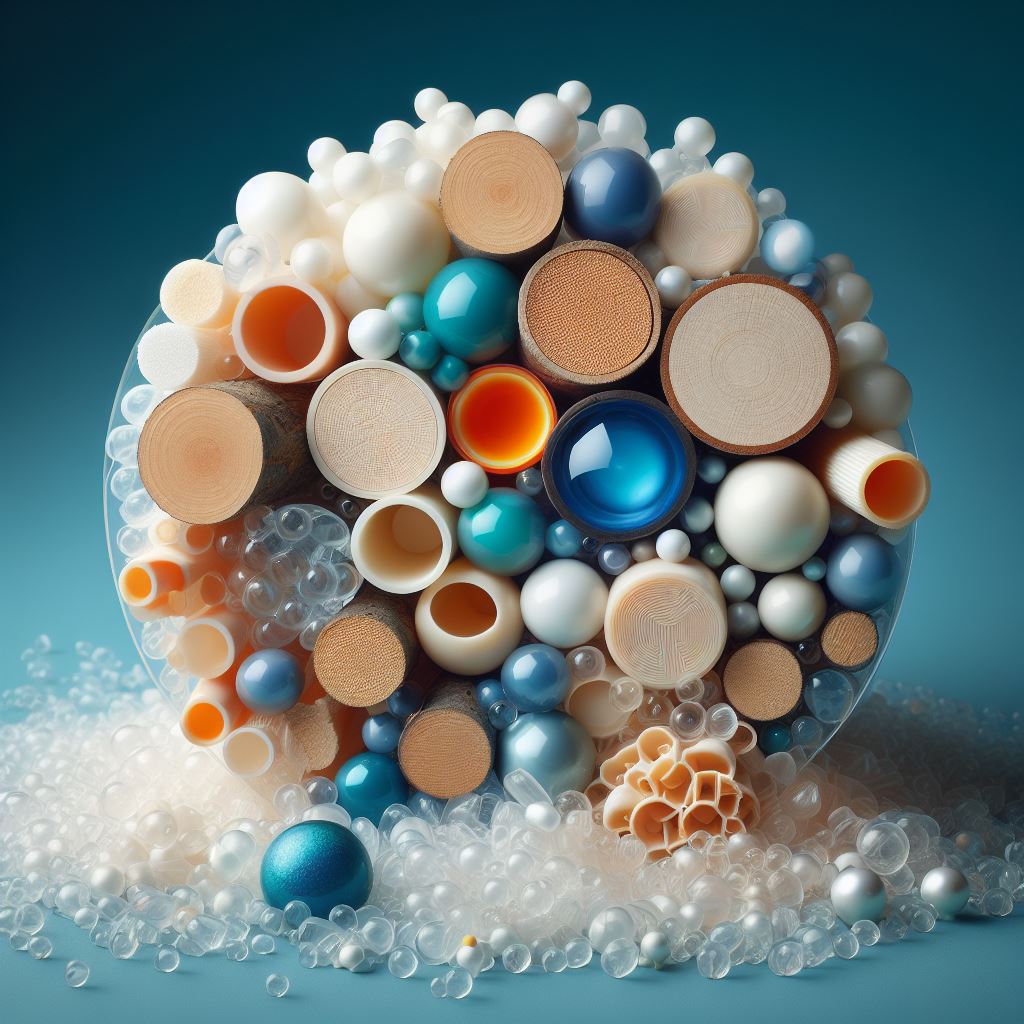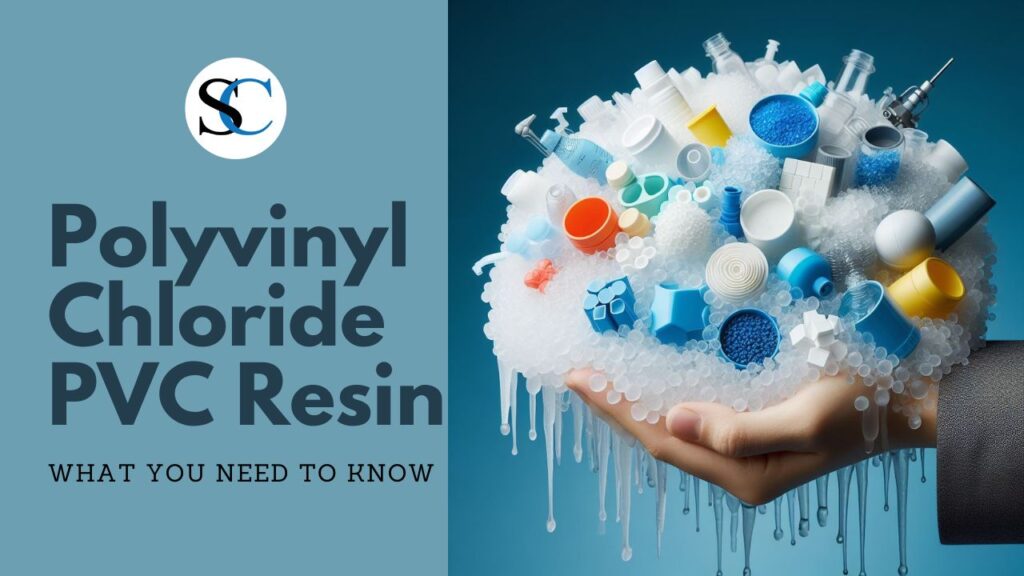Polyvinyl Chloride PVC resin, also commonly referred to as vinyl, is a widely used plastic material with a remarkable range of applications. Its versatility, affordability, and unique properties have made it a staple in countless industries for decades. But what exactly is PVC resin, and how does it find its way into so many of the products we encounter daily?
Understanding the Building Blocks: Polyvinyl Chloride PVC Resin
At its core, PVC resin is a type of thermoplastic polymer. This means it’s a plastic material that can be softened and molded when heated, allowing for easy shaping during the manufacturing process. However, once cooled, it regains its rigidity and form, making it suitable for long-lasting applications.
Chemically speaking, PVC resin derives from vinyl chloride monomer (VCM). Polymerization links numerous VCM molecules together to form long chains, creating the robust structure of PVC resin. Manufacturers further modify these chains by incorporating various additives during the manufacturing process. This allows for tailoring the final properties of the PVC resin to suit specific needs, such as enhancing flexibility, resistance to fire, or impact strength.
Strength, Durability, and Beyond: Polyvinyl Chloride PVC Resin
The popularity of PVC resin stems from its impressive combination of properties. Here are some of the key benefits that make it such a valuable material:
- Strength and Durability: Polyvinyl Chloride PVC Resin boasts exceptional resistance to corrosion, impact, and abrasion. This translates to products that can endure demanding environments and years of use, making it ideal for applications like pipes, building materials, and flooring.
- Versatility: As mentioned earlier, the ability to modify Polyvinyl Chloride PVC Resin during production allows manufacturers to create materials with varying degrees of flexibility, rigidity, and other properties. This adaptability makes it suitable for a wide range of applications, from rigid pipes to soft toys.
- Cost-Effectiveness: Compared to some other plastic materials, Polyvinyl Chloride PVC Resin offers a cost-effective solution. This affordability makes it a practical choice for a variety of industries and products.
- Lightweight: Polyvinyl Chloride PVC Resin is a lightweight material, which can be a significant advantage in construction and transportation applications. Reduced weight translates to easier handling, lower installation costs, and improved fuel efficiency in vehicles utilizing PVC components.
- Good Electrical Insulator: Polyvinyl Chloride PVC Resin possesses excellent electrical insulating properties. This makes it a valuable material for cable insulation, electrical components, and applications where electrical safety is crucial.
Applications of PVC Resin: Polyvinyl Chloride PVC Resin

The diverse properties of PVC resin have led to its extensive use across numerous industries. Here’s a glimpse into some of the common applications of PVC resin:
- Construction: Pipes, conduits, window and door profiles, and even roofing membranes often utilize PVC resin due to its strength, durability, and weather resistance.
- Plumbing: PVC pipes are a dominant force in potable water distribution, drainage systems, and waste management infrastructure due to their affordability, ease of installation, and corrosion resistance.
- Healthcare: Sterile medical devices and packaging can be crafted from specially formulated PVC resin, ensuring product integrity and patient safety.
- Consumer Goods: A vast array of everyday items, from clothing and footwear to toys and stationery, incorporate PVC resin due to its versatility, affordability, and ability to be molded into various shapes.
- Wire and Cable Insulation: The excellent electrical insulating properties of PVC resin make it a preferred choice for insulating electrical wires and cables, ensuring safety and preventing short circuits.
Environmental Considerations and Sustainable Practices: Polyvinyl Chloride PVC Resin
The environmental impact of plastics is a growing concern. While PVC resin offers numerous benefits, responsible manufacturing and disposal practices are crucial. Researchers constantly explore advancements in PVC resin technology to minimize environmental impact. Here are some key aspects to consider:
- Sustainable Production: Manufacturers are increasingly focusing on optimizing production processes to reduce energy consumption and minimize waste generation.
- Recycling: Recycling programs for PVC products are becoming more prevalent, allowing for the recovery and reuse of valuable materials. Incorporating recycled content into new PVC resin further reduces the environmental footprint.
- Responsible Disposal: Proper disposal of PVC waste is essential to prevent environmental pollution. Initiatives promoting responsible disposal and exploring alternative disposal methods are crucial for a sustainable future.
Looking Ahead: Polyvinyl Chloride PVC Resin
PVC resin remains a vital material in today’s world. With ongoing research and development, we can expect further advancements in PVC technology, leading to even more sustainable practices and innovative applications. By focusing on responsible production, efficient recycling methods, and proper disposal, the future of PVC resin can be bright, ensuring its continued role as a valuable and versatile material for generations to come.





